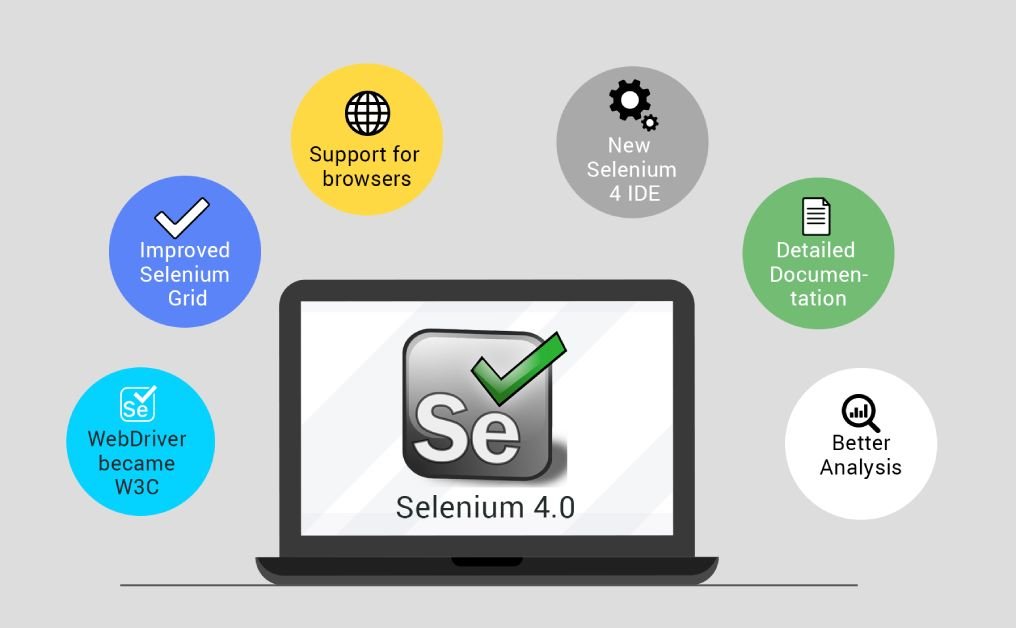
Selenium
Selenium is an open-source, automated testing tool that has become increasingly popular for testing web applications. The tool is able to simulate user interactions and execute tests in different web browsers, making it a powerful and versatile tool for automated testing. Selenium is used to automate a variety of tests, including unit tests, integration tests, end-to-end tests, and regression tests. It is capable of testing a wide range of web applications, including web-based applications, mobile apps, desktop apps, and more. Selenium also allows developers to easily write and execute tests in different programming languages, including Java, Python, and JavaScript.
Selenium offers a number of benefits to testers and developers, including: – Increased efficiency: By using Selenium, testers and developers can save time by quickly running tests and getting results. – Improved accuracy: Selenium is able to detect and fix errors automatically, reducing the chances of bugs slipping through the cracks. – Reduced costs: Automated testing helps reduce testing costs by eliminating the need for manual labor. – Increased coverage: Because automated tests can be run in multiple browsers at once, testers can cover more ground. In addition to these benefits, Selenium also offers a number of features that make it a powerful tool for automated testing. These include: – Cross-browser compatibility: Selenium tests can be run on multiple browsers, making it easier to test different versions of a web application. – Easy integration with other tools: Selenium can be easily integrated with other tools, such as Jenkins, for continuous integration and delivery. – Easy application deployment: Selenium can be used to deploy applications quickly and easily. Overall, Selenium is a powerful and versatile tool for automated testing. By using Selenium, testers and developers can reduce costs, increase efficiency, and improve accuracy while covering more ground.
